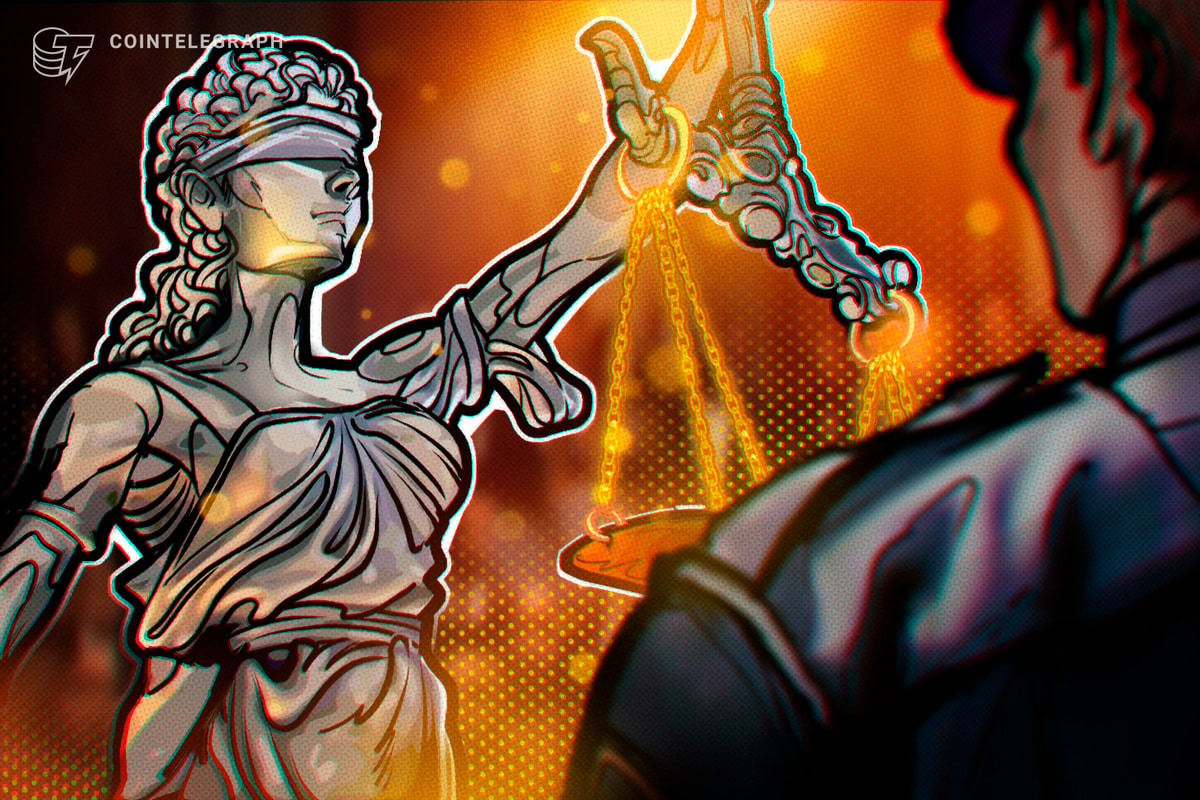Opening arguments began Wednesday within the criminal trial of two brothers allegedly liable for using Maximum Extractable Value (MEV) bots to sustain a multimillion-dollar exploit.
Anton and James Peraire-Bueno appeared in a New York courtroom as U.S. lawyers and defense attorneys presented different narratives concerning the alleged crypto scheme, which resulted in about $25 million being siphoned off.
According to a report by Inner City Press, U.S. government lawyers claimed the brothers “tricked their victims” by conducting a “quick bait switch.” However, defense attorneys said that the “victims here were sandwich bots,” adding that the Peraire-Bueno duo used a trading strategy and claimed that the winnings weren’t illegal, so there was no money laundering involved.
“Yes, they shut down cryptocurrency,” the brothers’ defense attorney, Katherine Trefz, said in opening arguments. “They brought it to the United States and paid taxes on it: $6 million. Before they were arrested at their homes. This is an advanced case.”
The alleged April 2023 exploitation of the Ethereum blockchain followed months of preparation that included targeting accounts that used MEV bots, investigating possible penalties for misconduct, and analyzing code. US authorities arrested the couple in May 2024.
What the fees mean for MEV operators
The brothers each face charges related to conspiracy to commit wire fraud, money laundering and conspiracy to acquire stolen property, which, if convicted, could potentially allow a judge to sentence them to as much as 20 years in prison on each count.
Many industry experts are watching the test for possible impact on the Ethereum network.
“I'm open to changing my mind, however it seems [like a] To me, that's a little bit of a gray area,” said Evan Van Ness, chief investment officer of crypto firm TXPool Capital, shortly after the brothers' arrest in May 2024. “Many MEV operators are adopting the mantra 'All is fair in love and MEV.' And the brothers literally trapped a few sandwich attackers?”
“I feel the accusations make sense,” Dankrad Feist, a researcher on the Ethereum Foundation, responded to Van Ness. “They exploited a flaw in a system for their very own profit. Just since it's a permissionless system doesn't mean it exists now.” [sic] Regulate. Code just isn’t law.”
At the time of publication, the trial was ongoing within the U.S. District Court for the Southern District of New York. Both brothers have been free on bail since May 2024.

